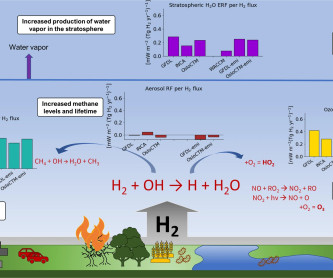EPA says methane emissions from natural gas production have dropped 36% from 2007-2011
Green Car Congress
APRIL 29, 2013
In its recently released Inventory of US Greenhouse Gas Emissions and Sinks: 1990 – 2011 ( earlier post ), the US Environmental Protection Agency (EPA) reported that methane (CH 4 ) emissions from the field production of natural gas have declined by 36% from 2007 to 2011 (from 83.1 CH 4 emissions represented 8.8%













Let's personalize your content